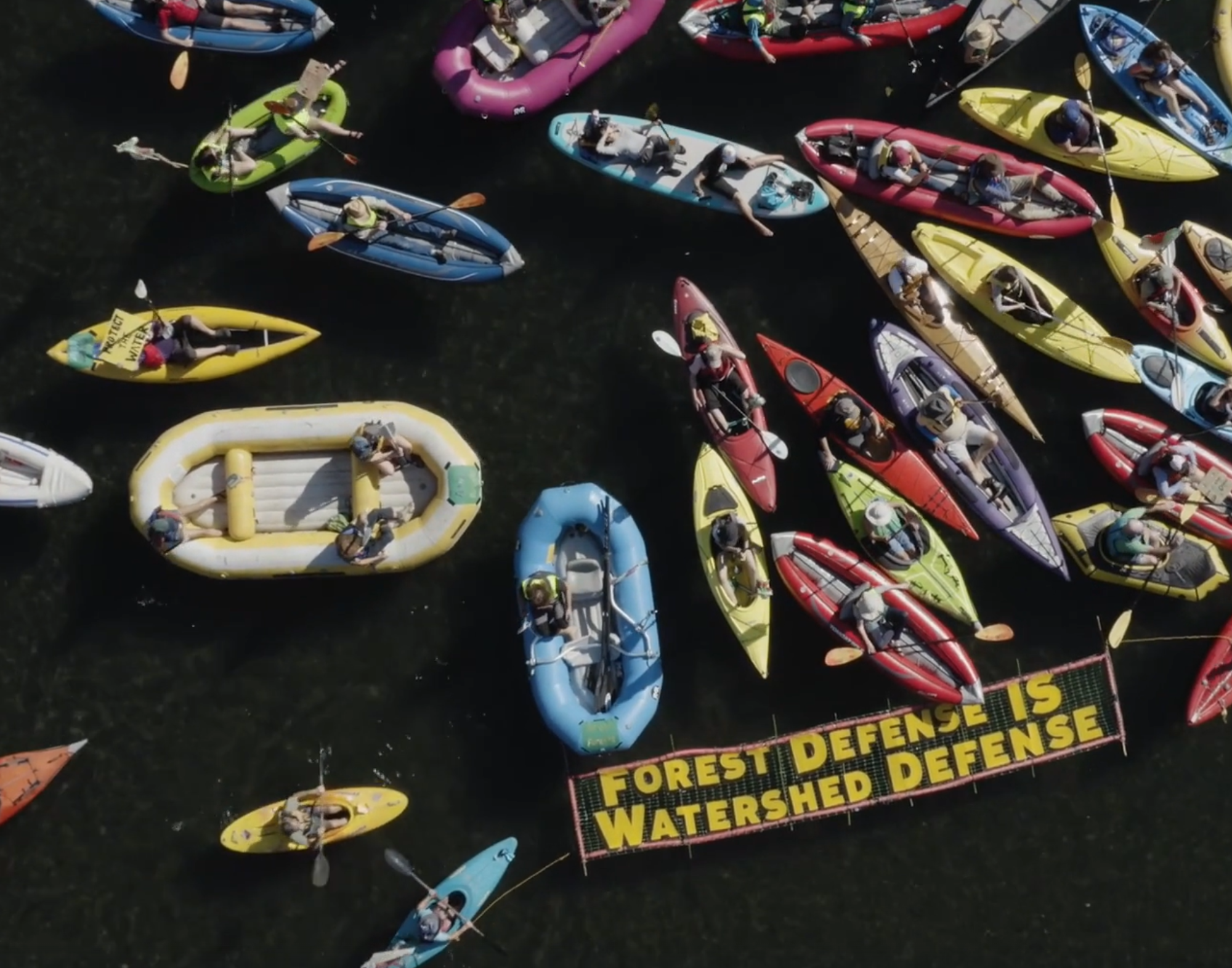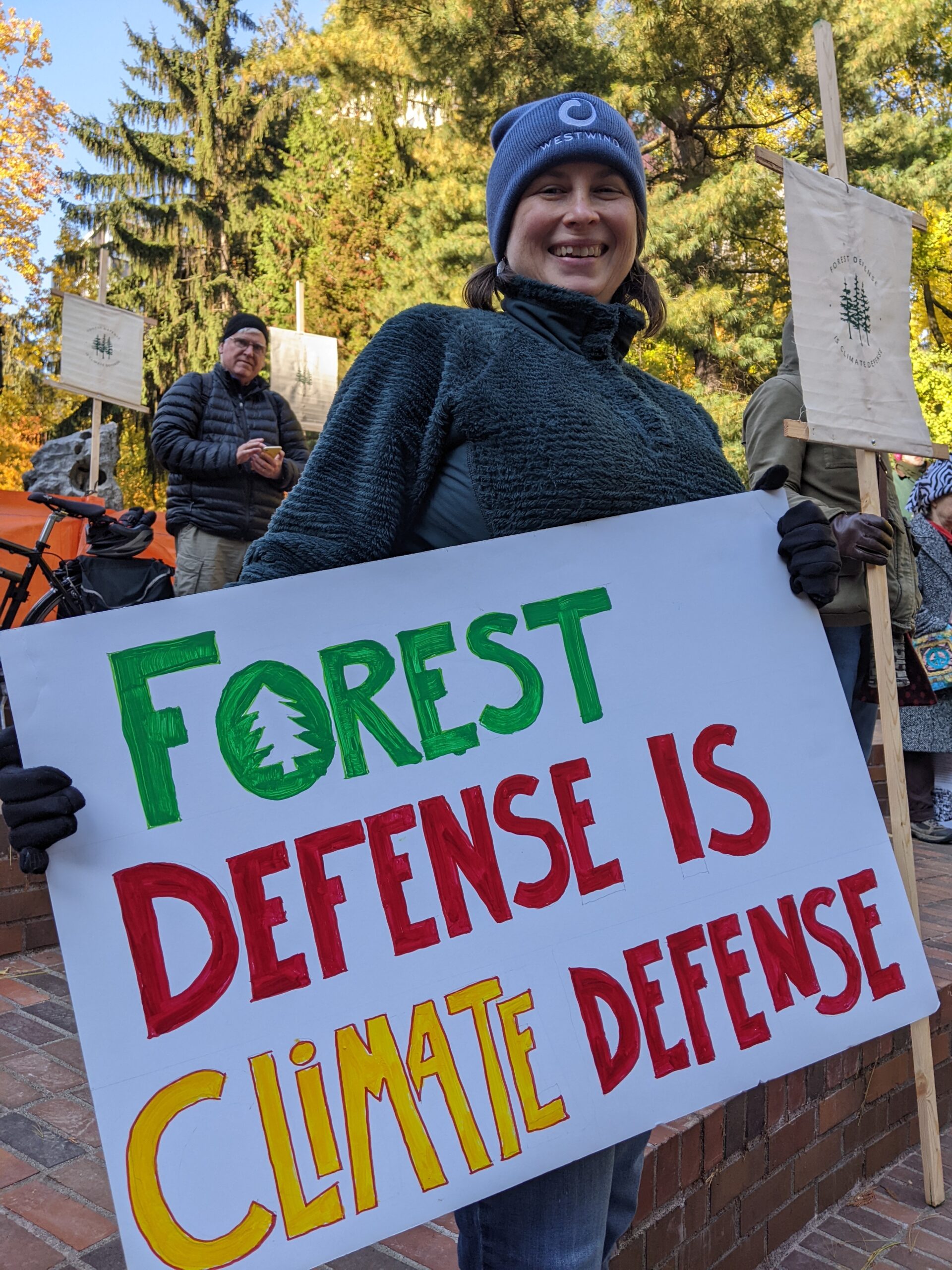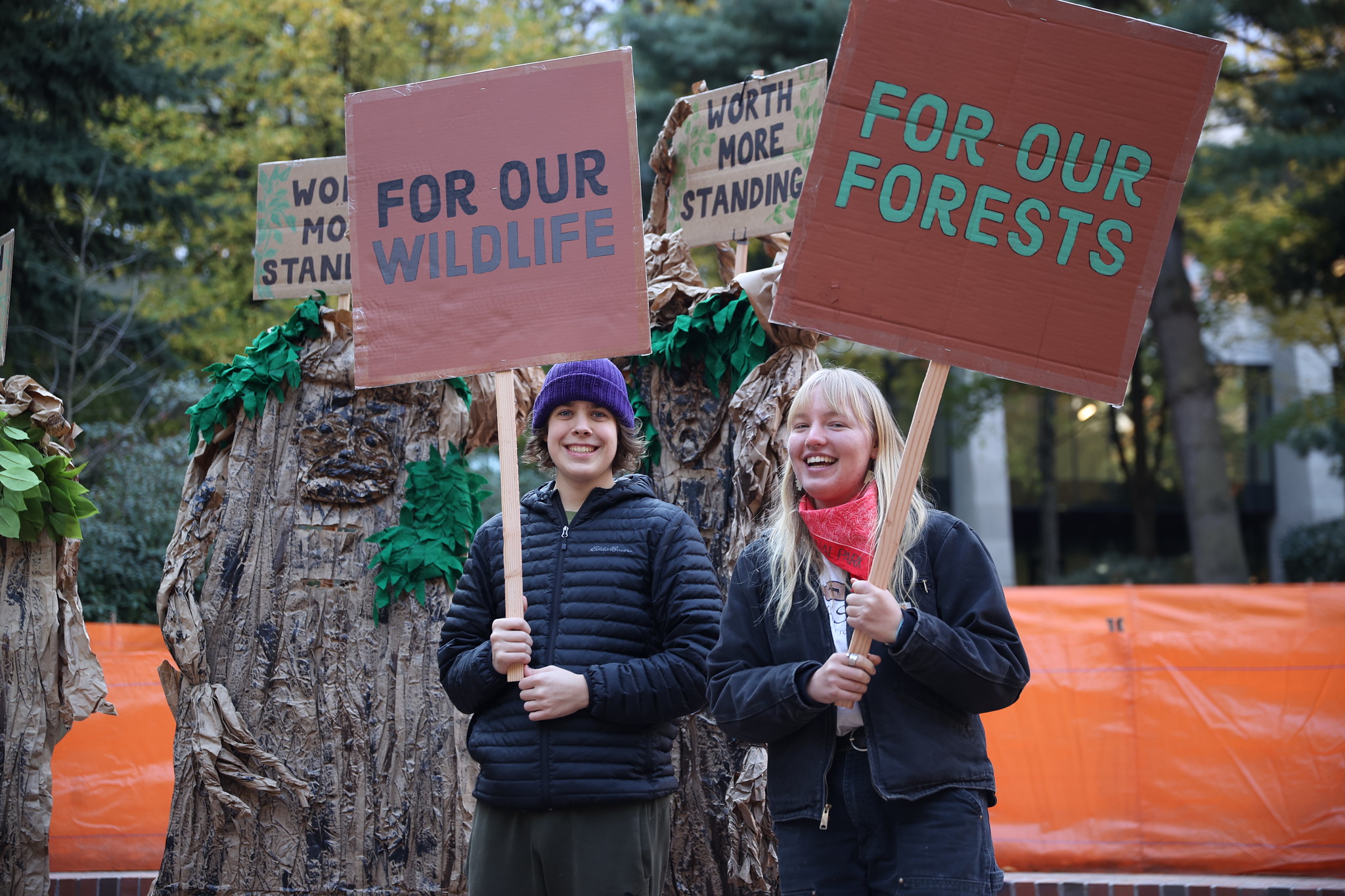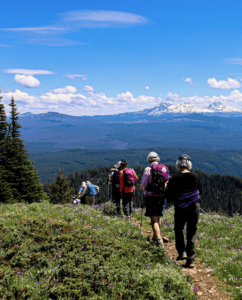Activist Toolkit
Build advocacy skills, gain confidence, and put your passions into action!

Action Center
These wild places and wildlife need your support! Use your voice to protect Oregon’s wildlands, wildlife, and waters.
-
Democracy 101
Advocacy for your favorite old-growth forest, recreation spot, or bird species is linked to a functioning government – of which YOU are a vital part. In order to be effective in protecting wild nature, you need to know where to plug in and who to contact.
Find your legislators
Do you know who represents you in Oregon? Enter your address into the Legislator Lookup tool and find out.
Engaging in State government
Review the Oregon Legislature’s guide to citizen engagement. And this overview of how a bill becomes a law.
Government and Policy-making 101
Get the basics on who makes decisions and where to plug in to effect change on a variety of wild lands and wildlife issues at different levels of government.
-
Influencing elected leaders and policy
As much as we wish we had the last word in protecting wild places and setting policies that impact wildlife and forest management, this is usually the job of elected leaders – from the Governor of Oregon, to your State Representative, to Congressional Representatives and Senators. Our democracy works best when we participate, and we want YOU to feel confident in advocating for what you care about in your government, and to apply your passion where it is most effective. Remember, you don’t need to be an expert on an issue to contact your elected leaders or speak up for a policy – you just need to care. Our resources can help you with the rest!
Write a Letter to the Editor
Many print publications leave room for public opinion in the form of letters to the editor. This can be a great way to briefly express your position on an issue, and let a decision maker know why you support or oppose a piece of legislation or position they have taken. The letter can also inform all the other readers!
Contact elected officials
Calling or writing an email is a great way to send a quick message to your state or federal representative about an issue. The staff member who answers the phone (or voicemail) and opens the email will make a note about your position, and relay it to your legislator. You can find email forms and phone numbers on your elected official’s website.
Find your legislators here.Attend a town hall meeting
Legislators hold town hall meetings to see what is on their constituents’ minds, often making a point of getting to every community they represent each year. Showing up with a prepared question (or signing up to ask a question at virtual town hall meetings) is a great way to get your legislator on the record about your issue and is generally a less intimidating environment than testifying in the Capitol.
Give public testimony
Public hearings or forums are often planned for bills or major policies before a vote is held, and submitting your own testimony – whether written or oral – sends an important message to agencies, legislators, and the public about your commitment and attention to the issue. Public testimony works differently depending on the governing body, so it’s good to learn the specifics from Oregon Wild staff.
Meet your elected officials (a.k.a. lobbying)
The idea of a lobby meeting with an elected official can be intimidating, but remember, your legislators work for you! Meetings can be in-person or by video, and are often with a staff person who is a great liaison between you and your representative.
-
Defending public land
Your voice matters when it comes to defending public forestlands and wildlife habitat from damaging logging projects and bad public policy. You can help by writing public comments and field checking to help inform Oregon Wild’s team and federal agencies.
-
Spreading the word
If we want policy to shift, culture has to shift with it. Culture starts with conversations, and more and more, conversations are happening online. Utilizing social media can be a powerful tool in the activist’s toolkit. Check out our guidance for effective social media advocacy.
Tag Oregon Wild on social media
Elevate our messages on social media platforms. Tag us and share our posts with your networks:
Organize your community
Contact one of our staff for specific ideas and support!


Key Staff
- Victoria WingellClimate Forests Campaign
- Sami GodlovePublic lands protection, River Democracy Act
- Danielle MoserWildlife policy
- Doug HeikenDefending public lands


